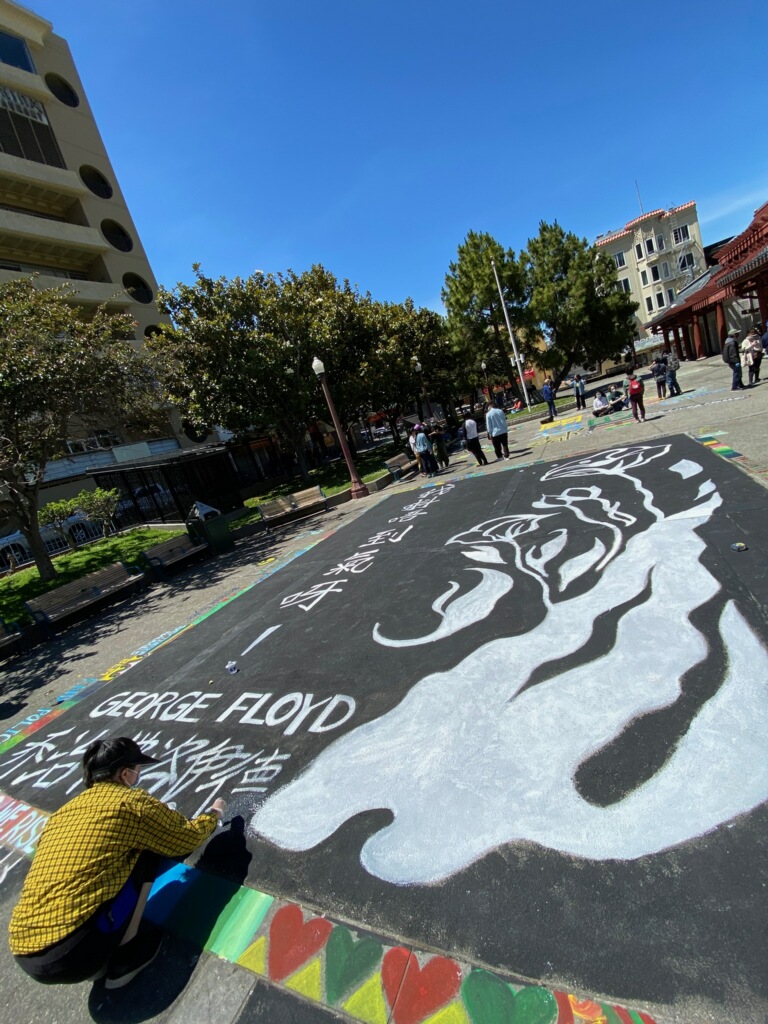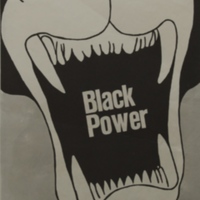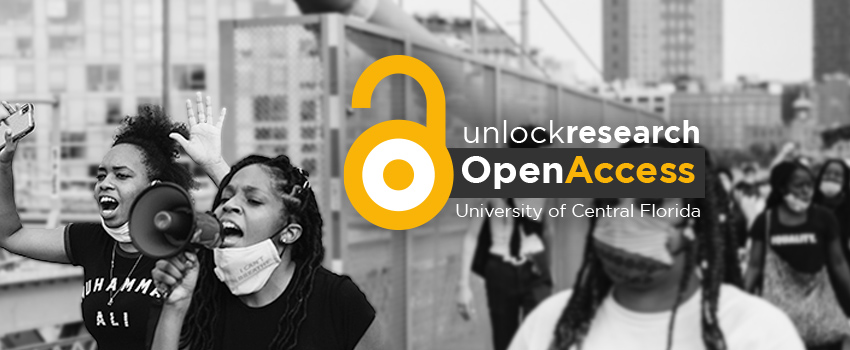Exploring Open Access for Social Justice
All Libraries, Scholarly Communications Posted: October 21st, 2020This blog post is written by Humanities Librarian, John Venecek.
The idea of the library as a site of social justice is a long-standing interest of mine. I’ve explored this issue by developing exhibits, programming, and other events designed to shed light on social justice issues. As a subject librarian, I seek to build diverse and inclusive collections in the humanities including art, literature, Africana, and Latin American studies. I advocate for increasing the equity of and access to scholarship and I’m an active promoter of Open Education Resources (OERs) and textbook affordability initiatives. None of this is unique to me. Most librarians participate in these types of activities without considering themselves activists per se. They’re simply doing what librarians do every day: Promoting diversity, inclusion, equity, and access in the most seamless, transparent ways possible.
These are examples of what Rachel Lockman calls “microactivism;” small-scale activities that create awareness of and add to the discourse around social issues. Writing for the College of Research Libraries News, she calls on librarians to “harness microactivism in a library context—in our reference interactions with patrons, in our selection of materials, in our curricula, in our cataloging practices—in every area of our days on the job. In this way, our work can be in dialogue with larger movements and give a nod to public libraries’ strengths.” One example of library-centric activism is Open Access Week, an international event that takes place every October, always with a different theme.
This year’s theme is “Open with Purpose: Taking Action to Build Structural Equity and Inclusion.” It’s a timely choice and a direct response to the events of this past summer when discrimination and systematic racism were thrust into the national spotlight. From the Advisory Committee’s official statement:
“Openness can be a powerful tool for building more equitable systems of sharing knowledge. Rebuilding research and scholarship to be open by default presents a unique opportunity to construct a foundation that is fundamentally more equitable. Yet today, structural racism, discrimination, and exclusion are present and persistent in places where openness is a core value. As a global community, it is important to understand that the systems and spaces of the present are often built upon legacies of historic injustice and that addressing these inequities is a necessity.”
While equity and inclusion have always been core to the Open Access movement, the recent social and political climate created a greater sense of urgency to push for more awareness of the many open resources available to social justice advocates. With this in mind, we took a fresh look at our Open Access resources to give them a much-needed update. As a result, we overhauled our original OA guide and added a section for activism and social justice. What was striking about this process was the wealth of information available now as compared to when we began participating in the Open Access movement. Fitting everything into a single guide would be impossible, so we took a selective approach and focused on the resources that would be of most interest to the UCF community. Here are some of the highlights that range from digital collections to journals to historic archives. While we’re emphasizing Open Access collections, there may be instances in which individual items have copyright restrictions. Check the records for further details:
Mapping George Floyd And Anti-Racist Street Art: According to their website, this database “seeks to document examples of street art from around the world that have emerged in the aftermath of the murder of George Floyd as part of an ongoing movement demanding social justice and equality.” The database includes a map that has documented 1,299 images as of this writing, a browse feature, related resources, and, of course, plenty of links to George Floyd-related art.

Dr. Seuss Political Cartoons: Hosted by the University of California San Diego Library, this is an archive of political cartoons drawn for the New York newspaper PM by author and illustrator Theodor Seuss Geisel. “From 1941-1943, Geisel, also known as Dr. Seuss, worked as the chief editorial cartoonist for the New York magazine PM, creating over 400 editorial cartoons.” Even though these cartoons were created in the 1940s, they couldn’t be more poignant today. Take, for example, this one from 1941 called “…and the wolf chewed up the children and spit out their bones…”
Women’s Liberation Movement Print Culture: Duke University hosts this collection of manifestos, speeches, essays, and other materials documenting various aspects of the Women’s Movement in the United States in the 1960s and 1970s. Highlights include original documents and photographs from the 1968 Miss America protest in Atlantic City and this pamphlet distributed by Third World Women’s Alliance entitled “Black Women’s Manifesto.”
Roz Payne Sixties Archive: An open archive of political artifacts from the 1960s-era, collected and saved over the years by activist, photographer and filmmaker, Roz Payne. The collection includes underground and small press material, pamphlets, flyers, posters, buttons, newsreel films, and other ephemera, all made openly available under the fair use doctrine. Another unique aspect of the collection is the in-depth descriptions of each object, which provide valuable history and context for every item. One of the many highlights is the collection of 1960s-70s political posters, including this 1968 Black Power poster created by Cuban designer and filmmaker, Alfredo Rostgaard.

Studies in Social Justice: A peer-reviewed Open Access journal that publishes articles, dispatches, and creative works relating to the social, cultural, economic, environmental, political, and philosophical problems associated with struggles for social justice. Their most recent issue focuses on Migration, Intersectionality, and Social Justice and presents scholarship on this topic along with several “creative interventions” to give this journal a unique perspective.
The refurbished guide is now live and ready for use. If you have any questions, or would like to explore these issues more in-depth, please contact the Office of Scholarly Communication or reach out to a subject librarian in your research area by using this form.
References:
Lockman, Rachel. “Academic Librarians and Social Justice: A Call to Microactivism.” College & Research Libraries News [Online], 76.4 (2015): 193-194. Web. 12 Oct. 2020. https://crln.acrl.org/index.php/crlnews/article/view/9292/10372
Shockey, Nick. “Theme of 2020 Open Access Week to be Open with Purpose: Taking Action to Build Structural Equity and Inclusion.” Nick Shockey’s Blog. International Open Access Week. 31 August 2020, http://www.openaccessweek.org/profiles/blogs/2020-theme-announcement-english
John Venecek is a humanities librarian at the University of Central Florida. His areas of interest include the Digital Humanities, Open Access, and Open Education Resources (OERs).
